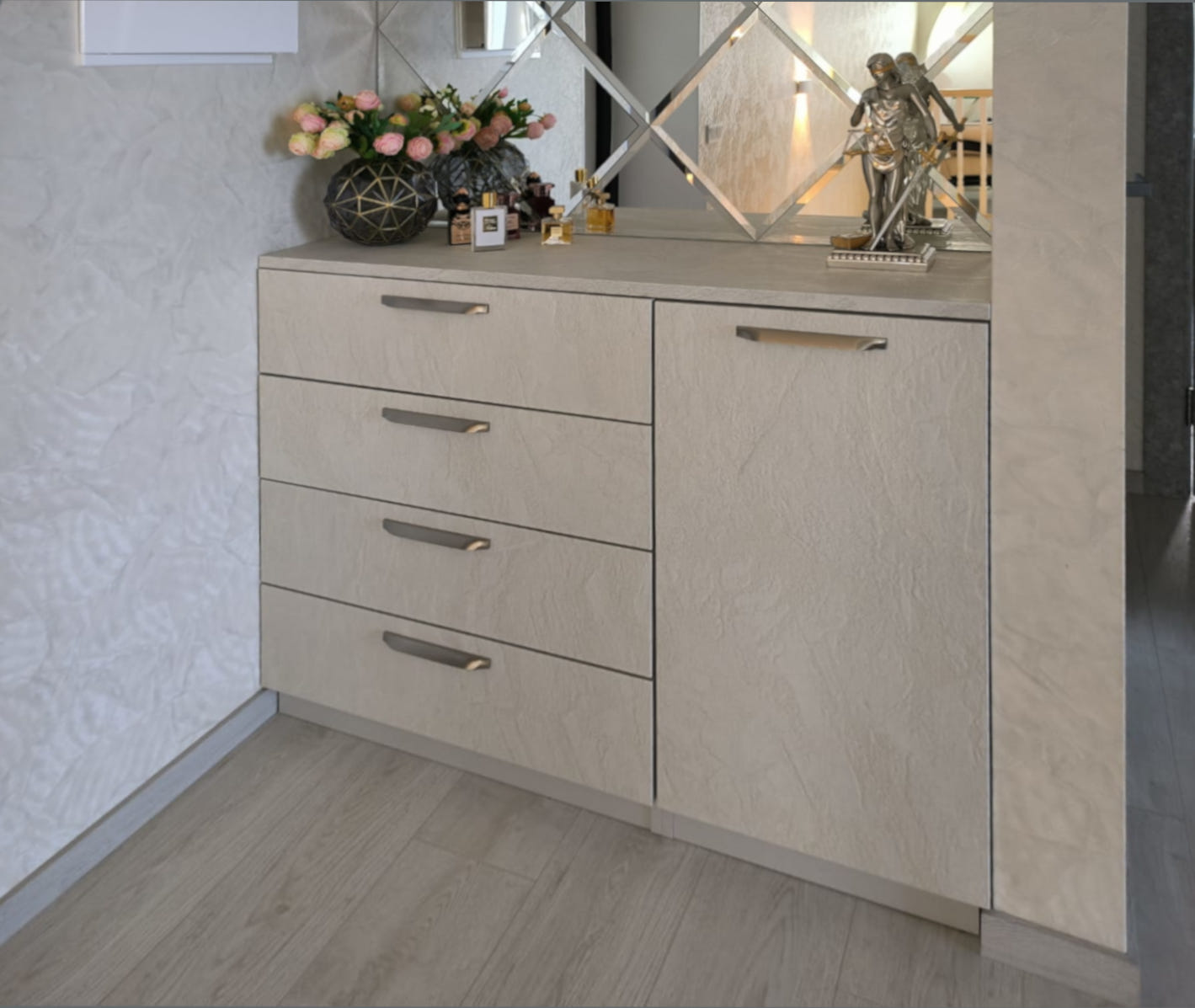
Mastering Bespoke Kitchen Designs
The art of creating a bespoke kitchen is akin to tailoring a fine suit—it must fit perfectly and suit the style and needs of the homeowner. Bespoke kitchen designs offer the ultimate customization in one of the most essential rooms of a home, blending functionality with personal aesthetic to create a space that's both beautiful and practical. Let’s explore the key components and considerations that go into mastering bespoke kitchen designs.
Understanding Client Needs
The first step in any bespoke kitchen design is taking the time to understand the client's needs. What are the specific cooking habits, storage requirements, and lifestyle considerations that will inform the design? It's essential to consider how the space will be used on a daily basis and what the client's priorities are, whether it's for entertaining, family meals, or culinary adventures. Conducting an in-depth consultation will ensure that the final design aligns perfectly with the homeowner’s vision and lifestyle.
Maximizing Space and Functionality
Efficient use of space is crucial in any kitchen design. Bespoke kitchens, in particular, need to optimize every inch of space for storage and function while ensuring ease of movement and workflow. Incorporating innovative storage solutions, such as multi-tiered drawers, hidden cabinets, and custom-shaped shelving, can make a huge difference in the usability of the kitchen. Similarly, the placement of appliances and work areas should be strategic to promote an efficient cooking environment.
Material Selection and Craftsmanship
Materials chosen for a bespoke kitchen must be carefully considered not just for their aesthetic appeal but also for their durability and ease of maintenance. High-quality materials can greatly elevate the design while ensuring longevity. This can include the countertops, cabinetry, flooring, and fixtures. Equally important is the craftsmanship—choosing the right artisans and builders who can bring the intricate designs to life with a high level of detail and adherence to quality standards is crucial for a successful bespoke kitchen.
Tailoring Aesthetic and Style
While practicality is a priority, the aesthetic of a bespoke kitchen should also reflect the personality and taste of the homeowner. Whether the preference is for a contemporary, minimalist look or a more traditional, ornate design, every element from color schemes to lighting should be tailored to create the desired ambiance. Attention to detail, such as the design of cabinet handles, choice of backsplash, and selection of fixtures, can all contribute to the uniqueness of a bespoke kitchen.
Incorporating Technology and Innovation
To create a kitchen that is truly at the forefront of design, incorporating the latest technology and innovations is key. Smart appliances that can be controlled via smartphone, hidden charging stations, and built-in sound systems are all examples of modern features that can enhance the functionality and enjoyment of the space. Moreover, innovative materials and eco-friendly options can offer sustainability without compromising on style or quality.
Conclusion
Mastering bespoke kitchen designs requires a delicate balance of understanding the homeowner's needs, maximizing functionality, selecting quality materials, achieving the right aesthetic, and embracing innovation. When these elements come together harmoniously, the result is a kitchen that is not only stunning in design but also perfectly suited to the unique lifestyle of its occupants. A well-designed bespoke kitchen is a personal retreat, a gathering place for loved ones, and a joyful space for culinary exploration—all tailored to fit like a glove.